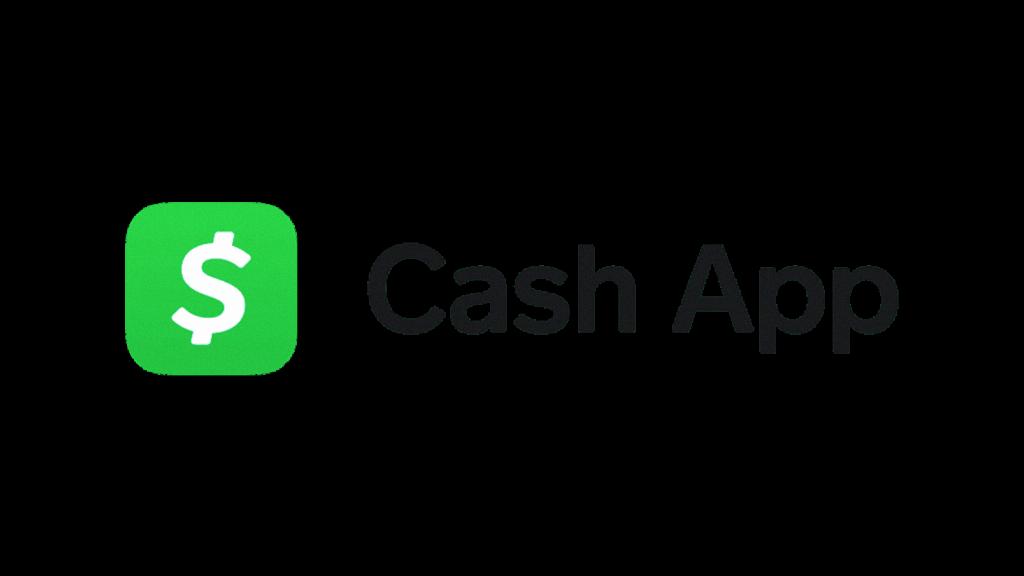When exploring the question of whether Cash App can be classified as a financial institution, it is crucial to examine its core functions and services provided. Cash App, at its essence, operates as a financial services platform that offers various monetary functionalities to its users. However, it is essential to note that Cash App is not a traditional bank in the conventional sense.
One of the distinguishing factors is that while Cash App does provide banking services, such as the ability to store and transfer funds, these services are facilitated through partnerships with traditional banks. For instance, prepaid debit cards issued by Sutton Bank are utilized for certain Cash App transactions, emphasizing the collaborative nature of the platform’s financial offerings.
Additionally, Cash App offers brokerage services through Cash App Investing LLC, a subsidiary of Block, Inc. This aspect further expands the range of financial services provided by Cash App, allowing users to engage in investment activities through the platform. While these services are integral to Cash App’s operations, they do not inherently categorize it as a standalone financial institution.
Moreover, Cash App’s affiliation with Block, Inc., the parent company overseeing its operations, adds another layer of complexity to its classification. Block, Inc. is recognized for its innovative approach to financial services, with Square being another notable platform developed by the company.
Square is specifically tailored to cater to small and medium-sized businesses, facilitating credit card payments and offering point-of-sale solutions through smartphones and tablets. This connection underscores the diverse portfolio of financial services under Block, Inc.’s umbrella, with Cash App playing a distinct role within this expansive ecosystem.
As users engage with Cash App for various financial transactions, the platform’s functionality may mirror that of a traditional financial institution in certain aspects. The seamless integration of services, including fund transfers, investment opportunities, and payment processing, signifies Cash App’s commitment to offering comprehensive financial solutions to its users.
Despite these features, the overarching distinction lies in Cash App’s operational framework, which relies on partnerships and collaborative efforts with established financial entities. By leveraging these partnerships, Cash App is able to provide a diverse array of financial services without assuming the complete regulatory responsibilities associated with traditional financial institutions.
In conclusion, while Cash App embodies many characteristics of a financial institution through its service offerings and user interactions, its unique operational model as a financial services platform distinguishes it from being classified as a standalone financial institution. The collaborative nature of Cash App’s partnerships and the diverse range of services provided underscore its position as a dynamic player in the financial technology landscape.

